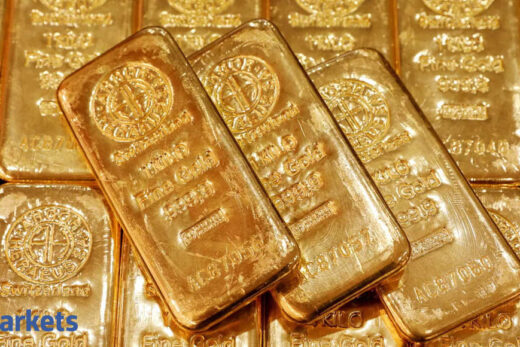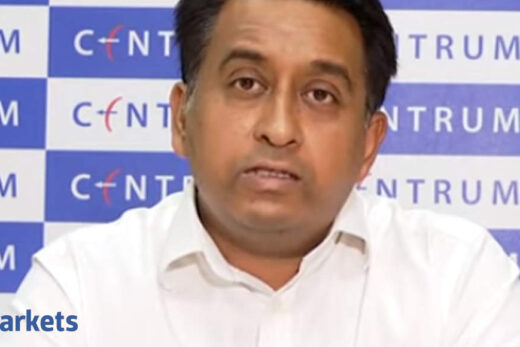The decision Monday by the Vienna-based oil cartel tracks with its established schedule of adding back that amount of oil every month until deep cuts made in 2020 to support prices during the depth of the pandemic recession are restored next year.
The situation has changed since then as the global economy recovers. The decision comes amid stronger demand for oil products like gasoline and jet fuel, as driving and flying pick up around the globe due to the easing of restrictions aimed at containing the COVID-19 pandemic.
On top of that, unusually high prices for natural gas are pushing some electricity producers in Asia to switch from natural gas to oil-based products, helping support prices.
The price of a barrel of crude jumped by 3 per cent, or $2.32, to $78.17 on the New York Mercantile Exchange, the highest since 2014. The Brent international benchmark hit a new 3-year high at $81.48, up 2.8 per cent on the day.
White House national security adviser Jake Sullivan raised concerns about rising oil prices when he met officials in Saudi Arabia earlier this week in talks that largely focused on the war in Yemen, according to a senior administration official who spoke on the condition of anonymity to discuss private conversations. Sullivan and other members of his delegation reiterated the importance of creating conditions to support the global economic recovery caused by the coronavirus pandemic, the official added.
Last week White House press secretary Jen Psaki said that White House officials have stayed in communication with OPEC about prices and were looking for tools to address the issue as Brent crude topped $80 per barrel last month.
U.S. national average gasoline prices have been holding steady at around $3.20 per gallon in recent days, according to motoring club federation AAA, which foresaw stable short-term gas prices with supply and demand “largely in sync.” The average is 97 cents more than a year ago.



